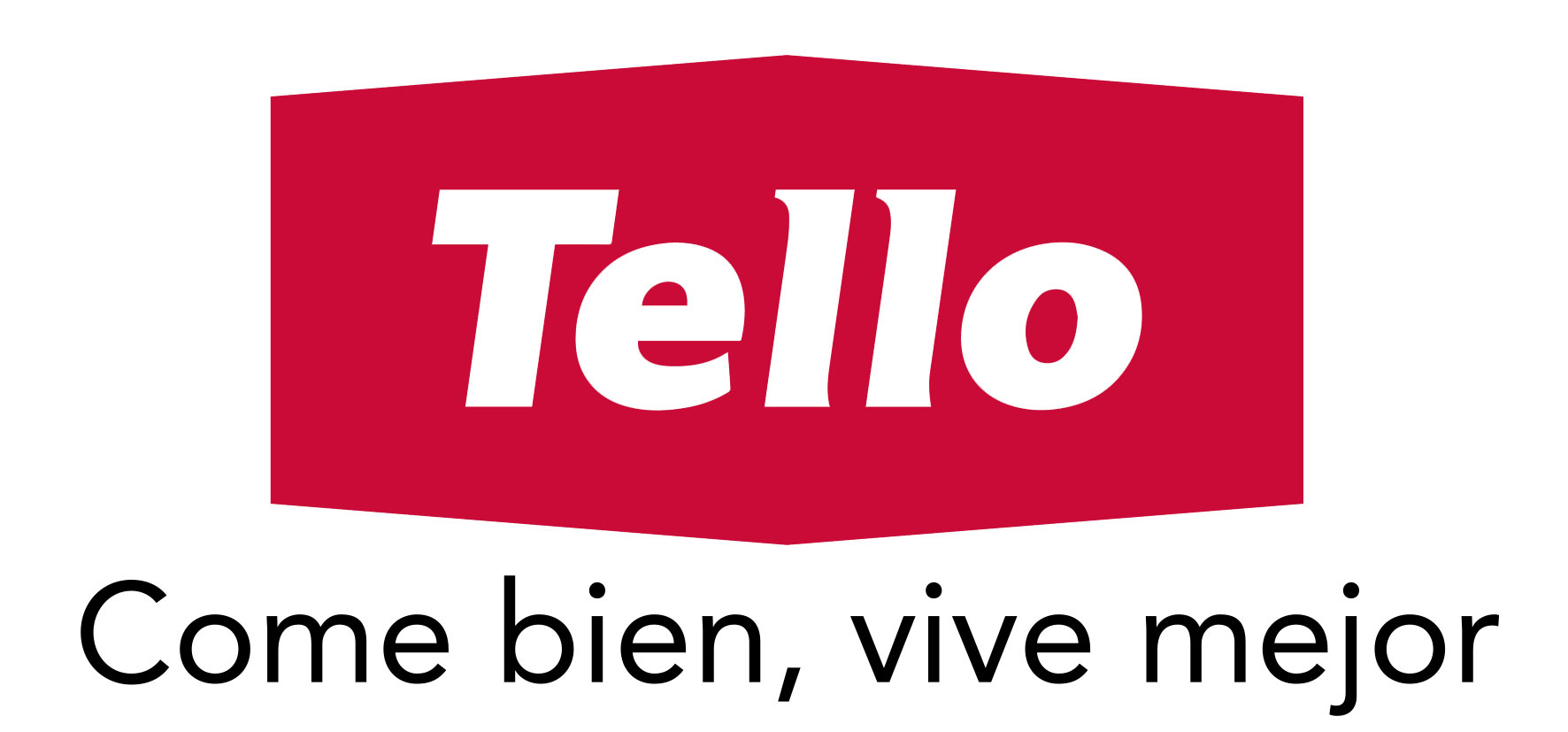FOODS FROM SPAIN, Tello, more than 50 years of tradition in the Spanish meat industry
Tello, more than 50 years of tradition in the Spanish meat industry
A Spanish company whose products can be found in over 40 countries.
Spanish meat producer Industrias Cárnicas Tello has a strong presence in the international marketplace, accounting for 20% of its total sales. According to the directors of this family company – now in the hands of the third generation –, this is the result of its consistency, effort and sustained growth.
Industrias Cárnicas Tello was founded in the 1960s by Eusebio Tello in the province of Toledo (Castile-La Mancha), in central Spain. This family company, currently run by the third generation, is located in an area characterized by a long tradition of livestock-raising and meat production.
Eusebio Tello focused on the production and direct sale of all types of meat products. Currently, the company controls the entire production process, from the ranch to the slaughterhouse, to the breaking down of the meat and its eventual distribution.
Tello employs more than 600 people, making it a significant economic force in the area. In 2013, its personnel grew by 6.7%. According to Export Manager Javier Briones, “Our company has been able to instill its employees with a passion for food production that is closely linked to its rural surroundings, as well as a great respect for the livestock industry”. Asked about the company’s main business strategies, Javier Briones attests that, “the fundamental pillars on which we have managed to position ourselves among the leading Spanish companies are the following: the quality of our products, consistency, know-how and, above all, food safety.”
Tello sells a wide range of meat products, primarily made out of pork. Its star product is Gran Reserva Serrano ham (which is aged for a minimum of 16 months), although its catalog includes more than a hundred products, including cured sausages, cooked turkey and ham, and bacon.
Tello Abroad
This Spanish company boasts an export trajectory that spans more than a decade, which started with contacts made through its national clients. This coincided with the company’s restructuring, at which time the decision was made to incorporate an international expansion plan. Once the company had established sales in 40 countries, its next step was to create a network of overseas delegations. The first of these sales offices is operating in Pekin, with the goal of providing personalized attention to local customers.
The company’s export manager assures me that, “Spain has a good reputation in the meat production industry and, in general, customers’ perception is that of high-quality”. With regard to the exterior, Javier Briones states that Tello’s intention is not to “compete with Spanish companies in the international marketplace, but rather to work with them to make the industry stronger, given that our main competitors are substitute products and the like, all over the world.”
After having carried out more than half of its internationalization plan, the company’s international sales currently account for around 20% of its total, which in 2013 reached approximately 84 million euros.
Each time that it decides to tackle a new international market, this company, “looks for the right key with which to launch there, since each country demands different products and channels. Tello’s objective includes continuing investment in the analysis of international markets, in order to detect business opportunities.
The products that are most in demand internationally are cured ham and other cured meats and sausages like chorizo and salchichón.
Tello’s principal international markets are China, Russia, Japan, Korea, Lebanon, Cuba, Germany, France and England. Perhaps surprisingly, two of its most important international markets are Cuba and Lebanon. In the former, the company distributes primarily to the restaurant industry and sells all different kinds of charcuterie (cured and cooked meat products), from cured ham to bacon, turkey breast and chorizo. In the latter, it sells its products through large-scale distributors and its main target is the Christian community (the majority of Tello’s products are pork-based).
Strategies for the Future
Tello has two factories that are guaranteed by different international food certifications (ISO 9000 and IFS). This helps them operate more efficiently on an international level. In addition to all the countries in the European Union, the main countries for which it has the necessary certifications are China, South Korea, Russia, the Philippines, Japan, Singapore, South Africa and Vietnam.
In order to spread the world about its products, Tello carries out marketing plans for its customers and markets. The return on direct marketing actions is evaluated for each market, both in terms of distribution channels and consumers. Javier Briones confirms that, “a high level of investment is necessary in order to develop the brand overseas.”
One of the company’s main strategies is to continually adapt itself to changing market demands, with emphasis on the design and development of new products. In this sense, and as one of the brand’s biggest fans, Spanish chef Martin Berasategui, “a close friend of the company”, has collaborated on various occasions with Tello on the development of new products, as well as on different events intended to spread the word about the brand and its products.
In the near future, the company plans to continue into those markets that form part of the 2012-2015 international expansion plan, but that it has been unable to reach as of yet. After having taken on the Eurasian market, its next targets are South America and Africa.
Industrias Cárnicas Tello
Number of Employees: 600
Annual sales: 85 million euros (2013)
Export quota: 20%



Dejar un comentario
¿Quieres unirte a la conversación?Siéntete libre de contribuir!